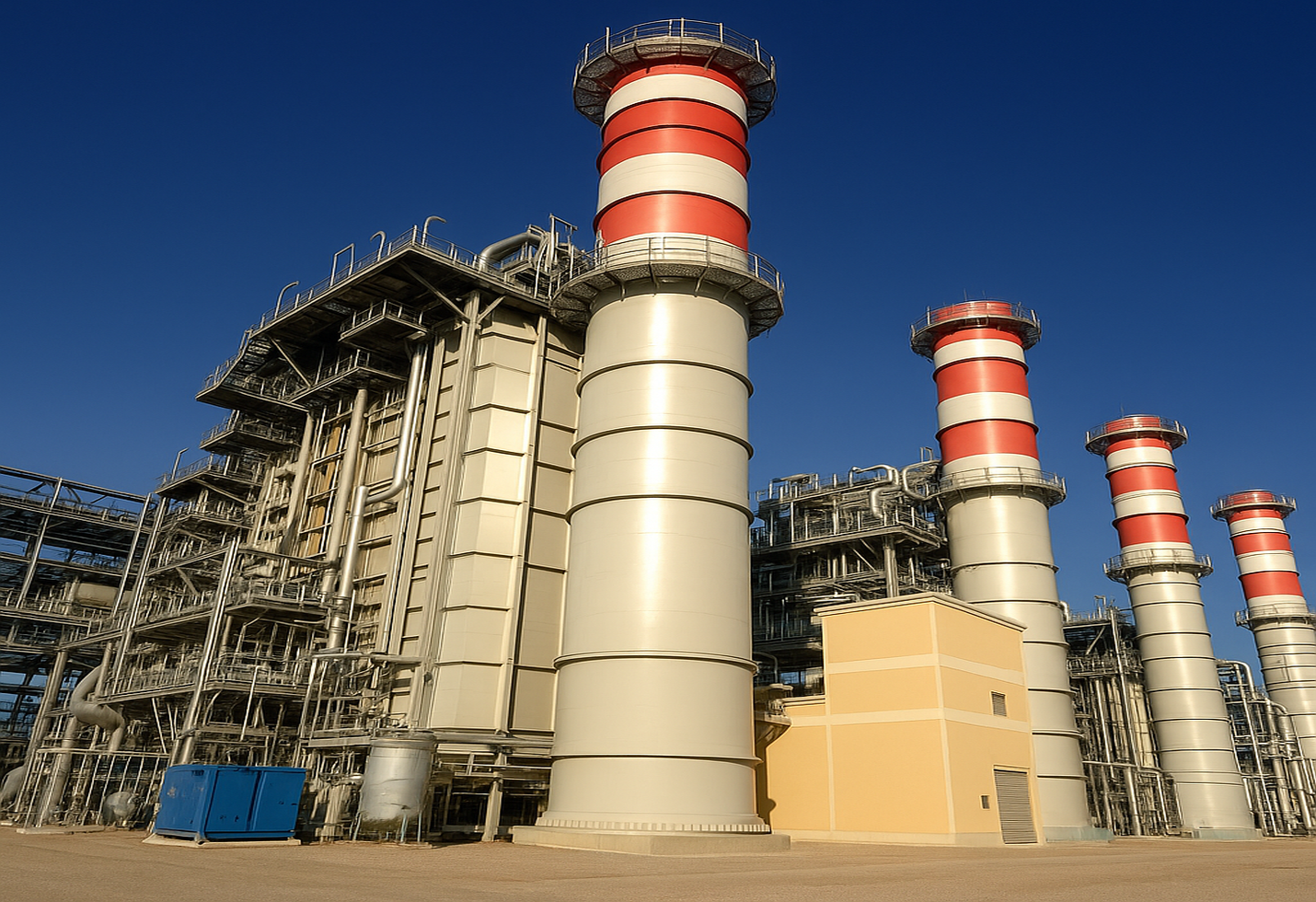JSW Energy Boosts Green Power: 531 MW Expansion!
JSW Energy has ramped up its renewable energy capacity to 12,499 MW, marking a significant advancement in the energy transition. It has teamed up with Adani Green for a 250 MW wind energy agreement, demonstrating a strong dedication to India’s clean energy objectives.
Summary:
JSW Energy has successfully commissioned 281 MW of renewable energy projects, increasing its total installed capacity to 12,499 MW. In a strategic move to further boost its green portfolio, the company signed a significant 250 MW wind energy agreement with Adani Green Energy. These developments reflect JSW Energy’s aggressive push towards decarbonization, reinforcing its vision of achieving net-zero status and becoming a leader in India’s renewable energy transformation.
JSW Energy’s Renewables Strategy Gains Traction
JSW Energy, a prominent player in India’s power sector, has made significant strides in solidifying its status as a leader in green energy. The company has recently introduced 281 MW of renewable energy capacity, raising its total installed power capacity to 12,499 MW, with a significant portion now derived from solar and wind initiatives. Additionally, as part of its ongoing commitment to reducing carbon emissions, JSW Energy has signed a 250 MW wind energy agreement with Adani Green Energy Ltd, further enhancing its renewable energy portfolio.
These strategic moves reflect JSW Energy’s commitment to transitioning from traditional to sustainable power generation and align with India’s national renewable energy goals, which aim for an impressive 500 GW of non-fossil fuel-based capacity by 2030.
Breakdown of Commissioned Capacity: Solar and Wind Gain Share
Much of the newly commissioned 281 MW originates from solar projects in Rajasthan and Karnataka. The remaining capacity comes from wind farms established in Maharashtra and Tamil Nadu. With these additions, JSW’s renewable energy portfolio has reached approximately 3,400 MW, accounting for about 27% of its total capacity— a significant shift from its previously thermal-dominated approach. The company aims to raise this percentage to 50% by 2030, positioning itself as one of the leading private sector players in India’s transition to green energy.
Partnership With Adani Green: A Win-Win Collaboration
In a significant shift towards collaboration within the industry, JSW Energy has formed a strategic agreement with Adani Green Energy to procure 250 MW of wind capacity. This partnership is viewed as advantageous for both parties:
Adani Green, one of India’s leading players in the renewable sector, secures a long-term offtake agreement for its upcoming projects. Meanwhile, JSW Energy gains access to clean energy at stable tariffs to support its increasing commercial and industrial needs, especially for its steel and cement production operations.
This agreement also highlights a rising trend within the Indian energy landscape: collaborations among power producers that allow for scaling up green energy initiatives while avoiding infrastructure redundancy.
Financial Outlook: Renewable Portfolio Driving Long-Term Value
JSW Energy’s ongoing transition to renewable energy has garnered positive responses from both markets and analysts. With numerous projects in development and decreasing levelized costs for solar and wind energy, the company’s earnings outlook is significantly improving.
Based on the company’s financial report for Q4 FY25:
– Revenue increased by 16% year-on-year, driven by higher Plant Load Factor (PLF) in renewable assets.
– EBITDA margins rose to 35%, aided by operational efficiencies and the monetization of carbon credits.
– Net profit reached ₹752 crore, reflecting a 19% YoY growth.
Management highlighted that most of its future capital expenditure plan, estimated at ₹75,000 crore over the next 6–8 years, will focus on expanding renewable capacity.
Strategic Vision: Targeting 20 GW by 2030
JSW Energy’s sustainability goals are firmly rooted in its “Mission 2030” plan, which includes:
– Achieving a total installed capacity of 20 GW by the decade’s end.
– Ensuring that over 85% of new capacity additions come from renewable sources.
– Attaining net-zero carbon emissions by 2050, setting a benchmark ahead of many other Indian companies.
Beyond solar and wind energy, the company is also investigating:
– Hydrogen and energy storage solutions
– Battery energy storage systems (BESS)
– Collaborative efforts to develop green hydrogen hubs with technology firms and state governments
This strategy positions JSW as more than just a power producer; it is evolving into a forward-thinking, integrated energy company.
Industry Impact and National Relevance
India’s energy sector is at a crucial juncture right now. With over 55% of electricity still generated from fossil fuels, major players like JSW Energy’s move towards green energy is economically and environmentally crucial. This transition aligns with:
– India’s revised Nationally Determined Contributions (NDCs) under the Paris Agreement.
– Government initiatives like the Production-Linked Incentive (PLI) schemes aimed at boosting solar manufacturing and storage.
– There is an increasing trend among corporate India to source renewable energy through open access and RE100 targets.
JSW Energy’s path could serve as a model for other conglomerates as they work towards energy transition.
Conclusion: A Sustainable Future Powered by JSW
JSW Energy’s recent commissioning in renewable energy and its collaboration with Adani Green Energy reflect strategic vision and operational prowess. As the company continues to grow its green energy portfolio, it enhances shareholder value while significantly contributing to India’s energy security and climate commitments.
With an ambitious growth strategy, a focus on innovation, and partnerships that address capacity challenges, JSW Energy is transforming from a conventional power company into a leader in clean energy. It is strategically positioned to guide India towards a sustainable, self-sufficient energy future.
The image added is for representation purposes only

